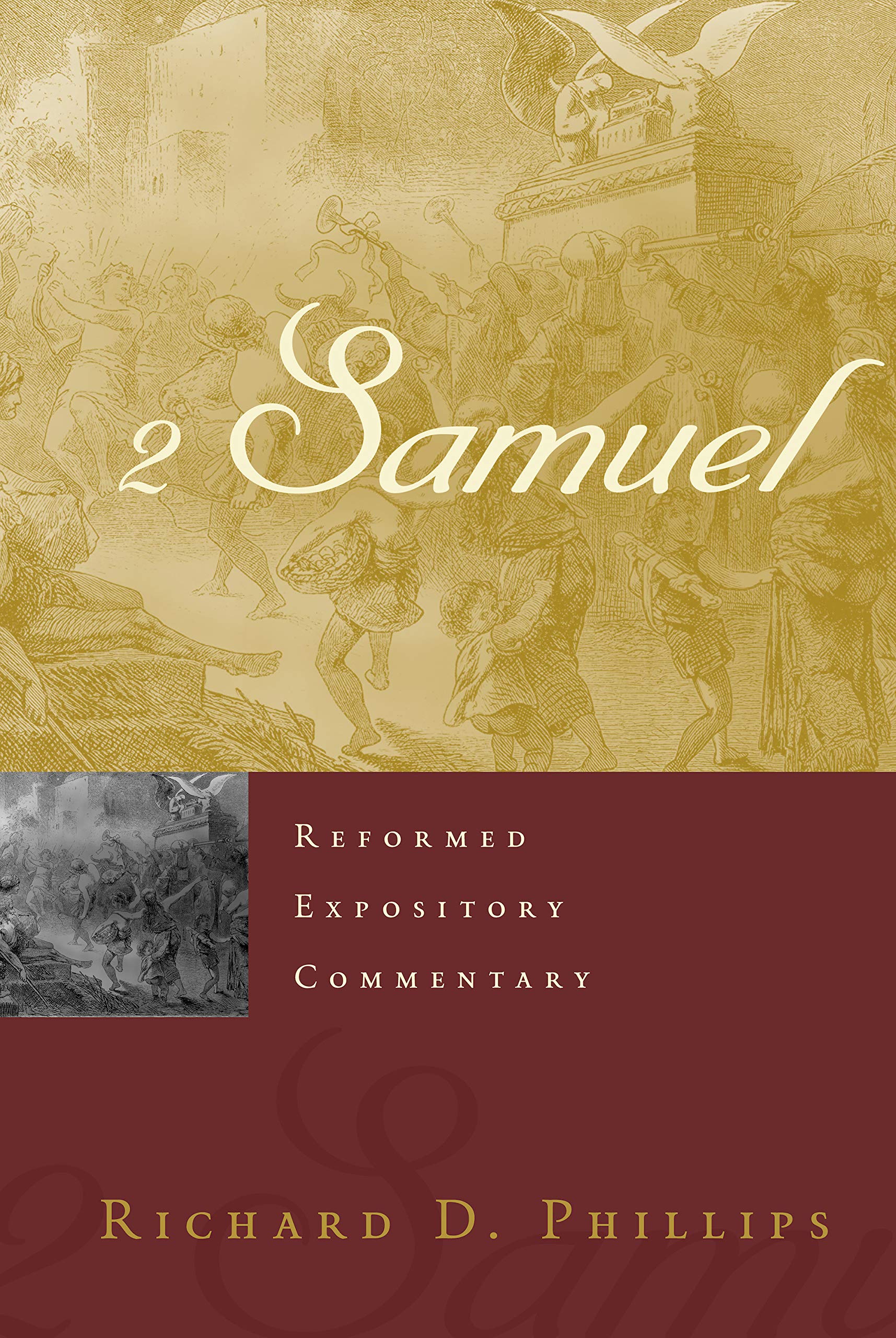A Brief Book Notice from Books at a Glance
Blessed through God’s anointing, King David binds together a broken nation and gives his people victory—until, distracted, he is overcome by sin.
The sword of God’s judgment then falls on David and his house, but even as David is humbled, he returns penitently to the Lord.
Richard Phillips’s expository commentary carries us with David up to the heights and down to the depths, noting the lessons for our faith today—forgiveness doesn’t cancel consequences; leadership doesn’t exclude accountability; even flawed characters can end well—and exalting Jesus Christ, David’s greater Son, as the true King our salvation requires.
About the Author
Endorsements
Joel R. Beeke, President, Puritan Reformed Theological Seminary, Grand Rapids:
Second Samuel contains enough political intrigue and scandal to fill a tabloid. Yet behind the machinations of kings stands the King who is preparing a kingdom for his Son. Rick Phillips unveils that kingdom with clear teaching and pointed application. Here is a sermonic commentary designed not only to educate, but to edify. It admirably succeeds in both.
Harry L. Reeder III, Pastor-Teacher, Briarwood Presbyterian Church, Birmingham:
In his kind providence, our Lord has provided a significant resource, once again, through a commentary from Rick Phillips. As in his other works, this commentary reads devotionally, yet challenges the mind to think deeply in the Word of God about the God of the Word. Amazingly, I can commend this to any believer for devotional reading, to the preacher for sermon development, and to the serious Bible student who longs to embrace the depth and height of God’s grace revealed in his Word.
Derek W. H. Thomas, Senior Minister, First Presbyterian Church, Columbia; Chancellor s Professor, Reformed Theological Seminary; Ligonier Teaching Fellow:
These volumes by Rick Phillips are almost self-authenticating—such has been the consistent excellence of previous volumes. This book is remarkable, too. Aware of the sensitivities of redemptive-historical (Christ-centered) interpretations of narrative texts, Dr. Phillips finds no difficulty in exemplary application, and this is a very welcome inclusion. A marvelous addition.
